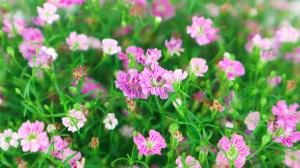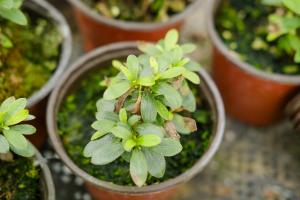Are Tomato Plants Harmful to Cats?
Tomatoes are generally considered healthy for humans thanks to their high nutritional value. However, when it comes to cats, not all parts of the tomato plant are safe. In fact, some parts of the tomato plant can be toxic to cats, causing a range of unpleasant symptoms. Let’s take a closer look at why and what you should do if you suspect your cat has ingested any part of a tomato plant.
What Parts of the Tomato Plant are Toxic to Cats?
The leaves, stems, and unripe fruit of tomato plants contain a substance known as tomatine. When ingested, this substance can cause a range of symptoms in cats, including gastrointestinal upset, drooling, difficulty swallowing, loss of appetite, lethargy, and even potential cardiac effects. While ripe tomato fruits themselves are generally safe for cats to consume in small amounts, the other parts of the plant should always be kept out of reach of feline companions to avoid potential toxicity.
What to Do if Your Cat Ingests Tomato Plant Parts
If you suspect your cat has ingested any part of a tomato plant, seek veterinary care immediately. Your veterinarian may induce vomiting, administer activated charcoal or other medications to manage symptoms, and monitor your cat closely for any cardiac effects. With prompt and appropriate care, most cats make a full recovery after ingesting tomatoes.
How to Keep Your Cat Safe Around Tomato Plants
The best way to keep your cat safe around tomato plants is to keep all parts of the plant out of reach. This means keeping potted or garden-grown tomato plants in places where your cat cannot access or knocking fruits off the plant and disposing of the other parts safely. Additionally, make sure your neighbors are not growing tomato plants within your cat’s range, as cats have been known to roam across property boundaries in search of vegetation to nibble on.
Other Foods to Watch Out For
Tomatoes are not the only human foods that can be toxic to cats. Other foods to keep out of reach include chocolate, alcohol, coffee, onions, garlic, grapes, raisins, and avocados. Be sure to keep a list of dangerous foods handy and always do your homework before feeding your feline any human foods.
The Bottom Line
While ripe tomato fruits themselves are generally safe for cats to consume in small amounts, other parts of the tomato plant should be avoided. If you have tomato plants in your home or garden, make sure they are kept out of reach of your feline companions to avoid potential toxicity. Be vigilant with all human foods, and always consult with your veterinarian if you suspect your cat has ingested anything they should not have.

 how many times do yo...
how many times do yo... how many planted tre...
how many planted tre... how many pine trees ...
how many pine trees ... how many pecan trees...
how many pecan trees... how many plants comp...
how many plants comp... how many plants can ...
how many plants can ... how many plants and ...
how many plants and ... how many pepper plan...
how many pepper plan...
































